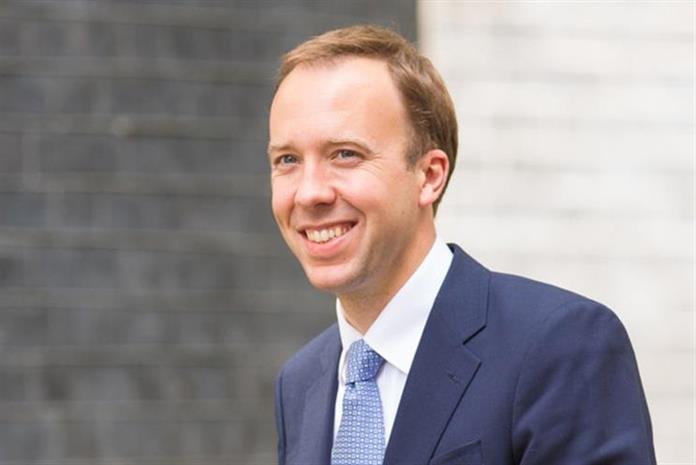
The Department for Business, Energy & Industrial Strategy , the Department for Culture, Media and Sport, and the Creative Industries Council are unveiling the "landmark" sector deal at The Roundhouse in Camden this morning.
It includes a £72m "industrial strategy challenge fund" with £33m of it invested in immersive technology products, services and experiences that will support new areas such as virtual reality video games, interactive art shows and AR tourism experiences.
Another £39m from the industrial strategy challenge fund will be handed to the Arts and Humanities Research Council to support eight creative research and development partnerships across Britain.
The sector deal aims to double Britain’s share of the "global creative immersive content market" by 2025, which is expected to be worth over £30bn by 2025.
PwC has predicted the UK’s virtual reality industry will grow at a faster rate than any other entertainment and media industry between 2016-2021, reaching £801m in value.
A further cultural development fund has been set up that will allow cities and towns to bid for a share of £20m to invest in creative and cultural initiatives.
Terms of the deal were agreed by the CIC with the Government on behalf of the UK’s creative sector.
The CIC is a ent that was established in June 2011 and its members include executives from Facebook, Google, the BBC, Warner Bros, and the Advertising Association.
It is co-chaired by digital and culture secretary Matt Hancock, business secretary Greg Clark and Facebook’s EMEA vice-president Nicola Mendelsohn.
Clark said: "To boost this innovation, we put the creative industries at the heart of our ambitious industrial strategy and this joint deal is a landmark moment for our relationship with this world-leading sector."
The deal comes as the advertising industry braces itself for the impact of Brexit, which could have a serious impact on talent coming into the country.
Stephen Woodford, chief executive at the Advertising Association, added: "We are ready to do more to boost the UK economy by growing both the uptake of British advertising services at home as well as overseas.
"Today we have launched Promote UK, in support of the Government’s industrial strategy, a new industry group to position the UK as the global centre of excellence for advertising. We are also about to launch pilot hubs in the West Midlands and Scotland to look at the ways SMEs can use advertising to grow their businesses."
Hancock added: "Our creative industries will help develop the talent of the future, ensure people are rightly rewarded for their creative content and give our firms the support they need to compete on the global stage.
"Millions of people around the world enjoy our world-class artistic and cultural output and we want Britain to stay a frontrunner in these vibrant sectors."
Mendelsohn claims the deal represents "a huge vote of confidence in our creative industries to continue to deliver the world class economic performance and workforce that the UK needs".
The Government is stressing that improving the nation’s skills is at the heart of its industrial strategy and as part of this pledge it is providing £2m towards a creative careers programme designed to reach at least 2,000 schools and 600,000 pupils in two years.



.jpg)
.jpeg)
